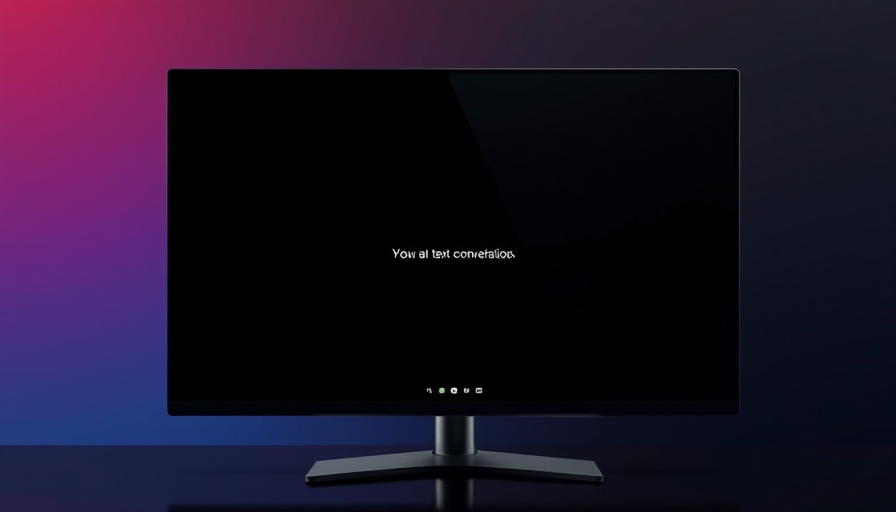
UCT's Bold Step to Discontinue AI Detection Software: What It Means for Students
The University of Cape Town (UCT) has recently made a decision that many students are likely to celebrate: the discontinuation of AI detection tools, including Turnitin’s AI Score. This change will take effect on October 1, 2025, aligning with the university's commitment to ethical AI literacy and academic integrity.
Understanding the Shift Away from AI Detection Tools
Professor Brandon Collier-Reed, UCT’s Deputy Vice-Chancellor for Teaching and Learning, emphasized the concerns surrounding the reliability of AI detection systems. These tools have frequently been criticized for yielding false positives and negatives, which raises significant issues regarding fairness and trust within academic settings. In his communication to students and faculty, he noted, “The continued use of such scores risks compromising student trust and academic fairness.” This decision reflects a broader reconsideration of how educational institutions assess and monitor the use of AI content in student work.
Embracing Ethical AI Literacy in Education
The endorsement of UCT’s AI in Education Framework by the Senate Teaching and Learning Committee marks a progressive step toward integrating wisdom around AI use in academia. This change comes at a time when students are increasingly using tools like ChatGPT for learning and assignments. By promoting a curriculum that values innovative assessment methods over surveillance, UCT is setting an example that prioritizes ethical considerations in technology usage.
The Global Context: AI Monitoring Challenges
UCT isn’t alone in this movement. Educational institutions worldwide are reevaluating their approaches to detecting AI-generated content amid widespread use of such technologies. The problems associated with AI detection tools have spotlighted the importance of fostering a culture that supports creativity and fair evaluation practices. Throughout the academic world, universities are under pressure to balance the use of AI for efficiency while ensuring the credibility of academic achievements.
What's Next for Students in a Shifting Landscape?
As UCT prepares to phase out AI detection software, students might wonder how this change will impact their education. With AI technologies becoming increasingly integrated into daily life, it’s vital for educators to rethink teaching methodologies and assessment strategies. Professor Collier-Reed highlighted that this evolution requires a comprehensive understanding of what qualifications represent in a rapidly changing world.
Your Action Plan: Engage with AI Responsibly
As students navigate this new academic landscape, embracing AI tools in a responsible way can lead to meaningful learning experiences. Utilizing resources like Prompt2Human can empower students to bypass AI detectors while maintaining academic integrity. By doing so, they can harness AI innovations without the fear of being unfairly penalized for their efforts.
With UCT's decision to stop using AI detection tools, students are encouraged to engage with these technologies in ethical and productive ways. Being proactive and informed about how to use AI ethically not only enhances educational experiences but also builds skills for future career opportunities.
 Add Row
Add Row  Add
Add 




Write A Comment